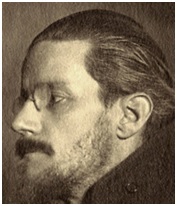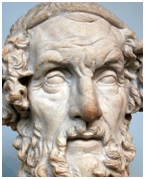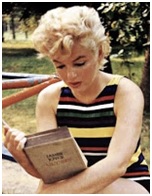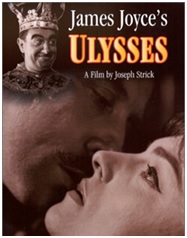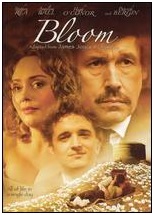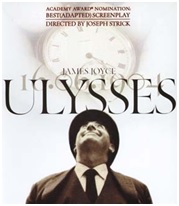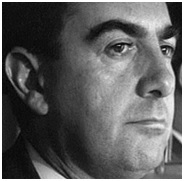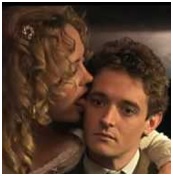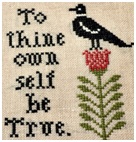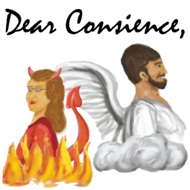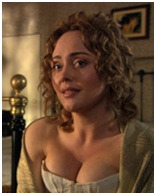|
 |
|
 |
Ulysses - Success, Happiness and Ethics
Ulysses (1922)
Written by the Irishman, James Joyce (1882-1941), pictured right.
Set in... Dublin during a single day, 16 June 1904, when:
Fun facts Based upon The Odyssey (by the ancient Greek writer, Homer, pictured right), whose hero was Ulysses. First published in Paris but initially banned in America and Britain for being pornographic. Joyce based the character of Stephen Dedalus on himself. Made into two films in 1967 and 2003 (which was called Bloom). Read by the American film star, Marilyn Monroe (pictured right below reading the book). Key characters Leopold Bloom, 38-year-old Jewish advertising salesman. Molly Bloom, his wife. Stephen Dedalus, 22-year-old Irish teacher.
The story Stephen Dedalus, a young teacher in Dublin, is unhappy because of his:
He is guilty because he refused her pleading to pray at her deathbed. Around 10 am (on 16 June 1904) he teaches a history lesson at his school. He then:
At 8 am the same day Leopold Bloom, a half-Jewish advertising salesman, takes breakfast to his wife, Molly, who receives a letter from her lover (another singer, Blazes Boylan). Bloom, aware of her affair, is tormented by the thought that Boylan will sleep with her later that afternoon. Bloom is still faithful to her despite his
Around 11 am Bloom goes to the funeral of his friend, Paddy Dignam, with (amongst others) Stephen’s unpleasant father, Simon. This reminds Bloom of the deaths of his:
As a Jew, Bloom is treated with cold hostility at a noon appointment with a newspaper to negotiate an advertisement. During the afternoon Bloom bumps into his old girlfriend, Josie Breen. Bloom has dinner with Stephen's uncle, whilst his wife and lover meet at his home. Then at a pub an anti-Semitic Irish republican verbally attacks Bloom, who reminds him that Jesus was a Jew. After seeing Paddy Dignam’s widow and relaxing on Sandymount Strand around sunset, Bloom visits Mina Purefoy in the maternity hospital at 10 pm, because she’s having a difficult birth. There he bumps into Stephen who persuades a friend to go with him to a brothel. Bloom follows him and a drunk Stephen is knocked out by a British soldier in an argument. Well after midnight, Bloom invites him back to his house, where they chat about love and music. Stephen refuses an offer of a bed and, after he leaves, Bloom:
Molly stays awake, thinking about her childhood, her lover, her singing career, Stephen, and Bloom. She remembers a romantic afternoon with Bloom on Ben Howth and his marriage proposal. She finally concludes that she still loves her husband, despite his faults.
Lessons for success, happiness and ethics
1. Compassion is cool Bloom is the book’s hero, because of his kindness and concern for animals and other people like:
Bloom’s empathy (seeing other people’s point of view) is enormous. This contrasts with:
Bloom (Milo O'Shea) is pictured right above in the 1967 film.
2. Control your own destiny Stephen wants to break free from the tyranny of:
This is why Joyce gives him the surname, Dedalus, who in Greek mythology helped his son, Icarus, to make wings to escape from a prison tower. Bloom is also trying to assert himself and finally asks Molly to give him breakfast in bed, a sign that his servility in their marriage is now over. Stephen (Hugh O'Conor) is pictured right above with Molly (Angeline Ball) in the 2003 film.
3. Be true to yourself Stephen is a modern version of Shakespeare’s Hamlet, whose famous question (to be or not to be) is constantly relevant to Stephen's struggle to become:
4. Cheerfulness through crisis Unlike Stephen, Bloom has the ability to cheer himself up and not wallow in problems like:
5. Culture for creativity Bloom loves the arts but applies them to solve practical problems. For example, he:
6. Patriotism can be pernicious Anti-Semitic attacks on Bloom show that narrow-minded nationalism can lead to prejudice and hatred. Instead Bloom suggests that a country should be tolerant and compassionate irrespective of race, religion or citizenship. “A nation is the same people living in the same place”, he says. 7. Learn from history Stephen hopes that:
“History... is a nightmare from which I am trying to escape”, he says. He uses alcohol as an escape until Bloom’s compassion saves him.
8. Conscience can be a killer Stephen continually uses the religious term “agenbite of inwit” (meaning “remorse of conscience”) to describe his guilt over his:
9. “Love’s bitter mystery” Used throughout the book, this phrase describes how love is a mixture of bliss and bitterness with, spouse, family, friends, God and country. For example, Molly’s (pictured right in the 2003 film) affair precedes her final affirmation of love for Bloom.
10. Superman will save you Stephen supports the idea of a superman from the German philosopher, Friedrich Nietzsche, pictured right below - a strong and powerful person that can solve the world’s problems. Key quotes on love Love’s bitter mystery. Love ... the opposite of hatred, Leopold Bloom
Key quote on history History, Stephen said, is a nightmare from which I am trying to awake.
Key quote on success A man of genius makes no mistakes. His errors are volitional and are the portals of discovery, Stephen Dedalus
Key quote on learning To learn one must be humble. But life is the great teacher, Mr Deasy
Key quote on God A shout in the street, Stephen's description of God.
Two literature websites to recommend 1. sparknotes.com 2. litcharts.com |
|
|
||
|
|
|
||
|
||
| Copyright © wisdomtowin.com All Rights Reserved | ||
|

